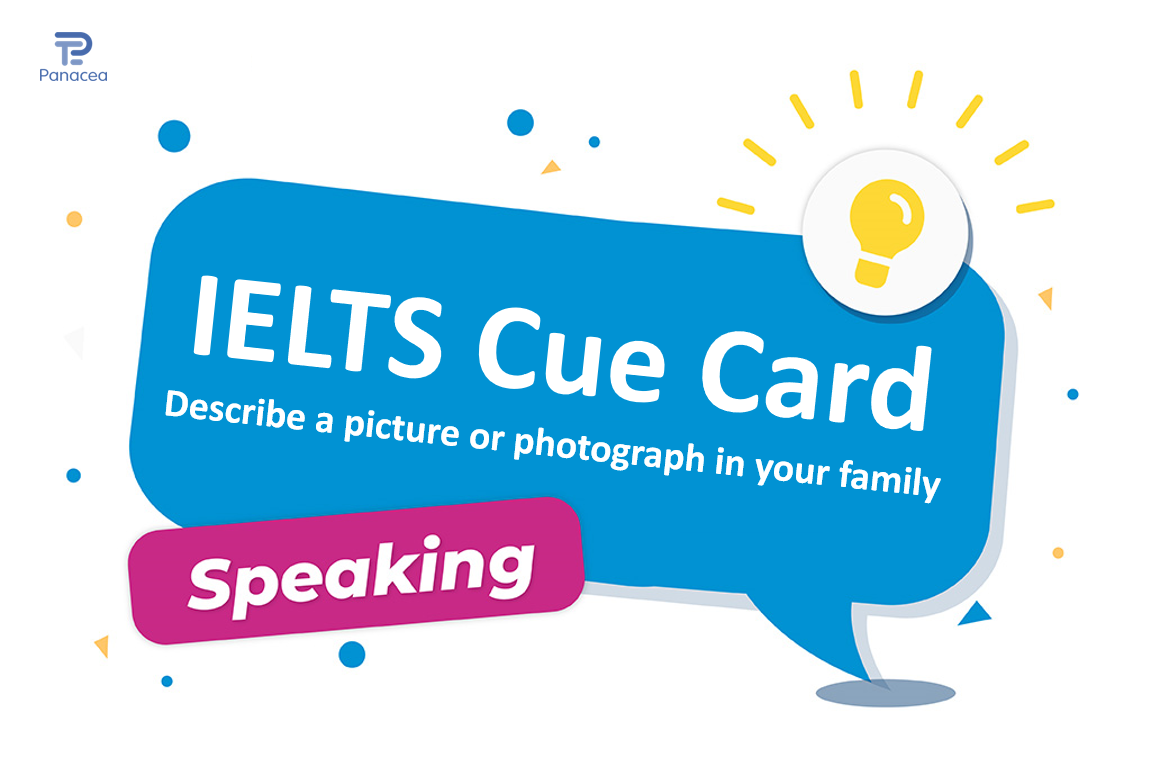Describe an Area of Science that Interests You
Learn how to describe an area of science for the IELTS Speaking test with tips, sample answers, and follow-up questions to ace your response.

Learn how to describe an area of science for the IELTS Speaking test with tips, sample answers, and follow-up questions to ace your response.
Alright, let’s talk about the IELTS Speaking test—specifically, the part where you have to describe an area of science that interests you. This is one of those topics that can be really fascinating if you approach it the right way. After all, science is all around us, and there’s bound to be a field that sparks your curiosity—whether it’s space exploration, artificial intelligence, or even the mysteries of the human brain.
So, in this guide, I’m going to walk you through the cue card task and share some sample answers to help you nail it in your IELTS Speaking test. Plus, I’ll throw in some follow-up questions so you’re fully prepared. Let’s dive in!
IELTS Speaking Part 2: Cue Card
The IELTS Speaking Part 2 is where you get a cue card with a topic. You’ll have a minute to jot down some notes, and then you have to talk about it for about 2 minutes. Sounds simple, right? Well, the key is to keep it natural and engaging.
Here’s a sample cue card you might get:
You should say
· What it is
· What you learn from it
· When you became interested in it
· Explain how this area of science help you
What it is
One area of science that has always fascinated me is neuroscience, the study of the brain and nervous system. Neuroscience encompasses a wide range of topics, including how the brain processes information, controls behaviour, and how various disorders or injuries can impact brain function.
What you learn from it
Through neuroscience, I’ve learned about the complexities of the human brain, the intricate networks of neurons, and how they communicate with one another to shape thoughts, emotions, and actions. It also explores how various factors, such as genetics, environment, and trauma, can affect brain health. Moreover, it has expanded my understanding of mental health disorders, neurological diseases, and the latest research in treatments and therapies.
When you became interested in it
My interest in neuroscience began in my teenage years when I first encountered the topic during a biology class. I was intrigued by the idea that something as intangible as consciousness could be rooted in the physical structure of the brain. This curiosity has only deepened as I’ve continued to learn more about brain science and its applications.
When you became interested in it
Neuroscience has proven to be incredibly helpful in many ways. It has enhanced my understanding of how mental health conditions, like depression or anxiety, can impact daily life, leading me to develop a greater sense of empathy. Additionally, neuroscience has encouraged me to stay informed about the latest research, which has direct implications for improving the treatment of neurological disorders and promoting overall brain health. Through this field, I’ve gained not only knowledge but a deeper appreciation for the complexity and resilience of the human brain.
What’s the best invention in the past hundred years?
The internet is undoubtedly the most transformative invention of the past century. It has revolutionized communication, enabling instant global connections and fostering unprecedented access to information. The internet has reshaped industries, from education to healthcare, and spurred innovation across various fields. It has democratized knowledge, facilitated entrepreneurship, and amplified social movements. By connecting people worldwide, it has fundamentally altered how we live, work, and interact, making it a pivotal force in modern society.
What’s the influence of science on human life?
Science has had a profound influence on human life, shaping nearly every aspect of modern existence. Through scientific advancements, we've made significant strides in improving health and longevity, from medical breakthroughs like vaccines and antibiotics to life-saving surgeries and treatments for various diseases. Technology, driven by science, has transformed communication, transportation, and entertainment, making the world more interconnected and accessible. Moreover, scientific discoveries have enhanced our understanding of the environment, leading to innovations in energy, agriculture, and sustainability. Overall, science continues to enhance our quality of life, offering solutions to complex challenges and improving human well-being.
What can individuals do for scientific research?
Individuals can contribute to scientific research in various ways, including participating in citizen science, where they help collect data and observations. They can also fund or donate to research projects, supporting critical studies in areas like health and climate change. Advocating for science and evidence-based policies helps prioritize research in society. Additionally, people can support science education and communication, inspiring future generations and spreading scientific knowledge. Finally, interdisciplinary collaboration with experts from other fields fosters innovation, leading to breakthroughs that address global challenges.
What influence can international cooperation in science bring about?
International cooperation in science can have a profound and transformative influence, driving progress across numerous fields. By pooling resources, expertise, and diverse perspectives from around the world, countries can tackle global challenges more effectively, such as climate change, pandemics, and sustainable development. Collaborative research accelerates the pace of discovery, as scientists from different backgrounds bring unique approaches to problem-solving. Additionally, international partnerships foster the exchange of knowledge and technology, allowing for more equitable access to scientific advancements. Ultimately, global scientific collaboration can lead to solutions that benefit all of humanity, transcending national boundaries.
Describe an invention that is useful in daily life
Describe a crowded place you have been to
Describe a product you bought, but returned
Describe a successful businessperson you know